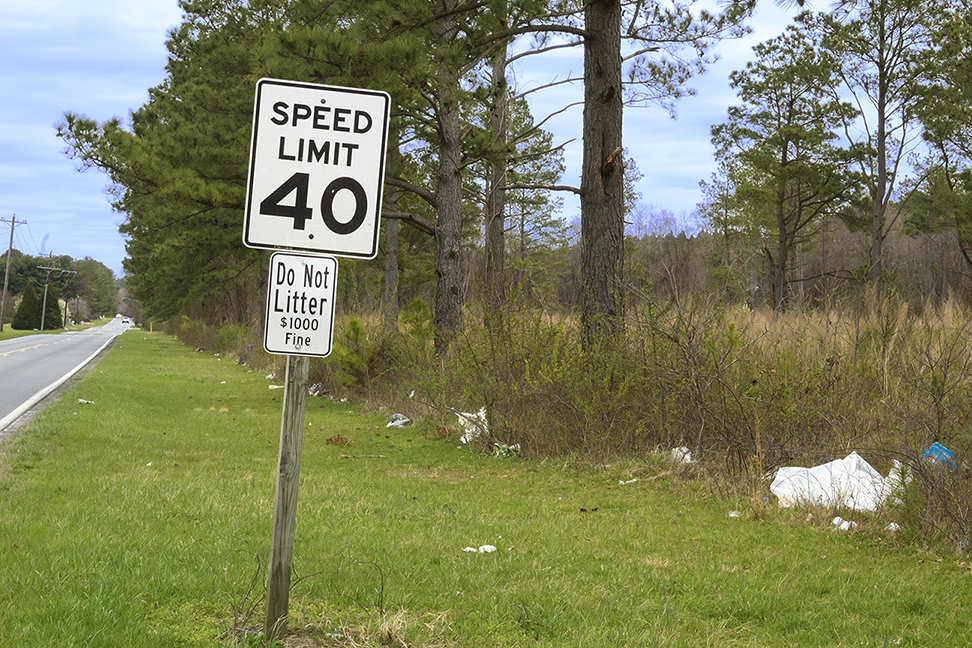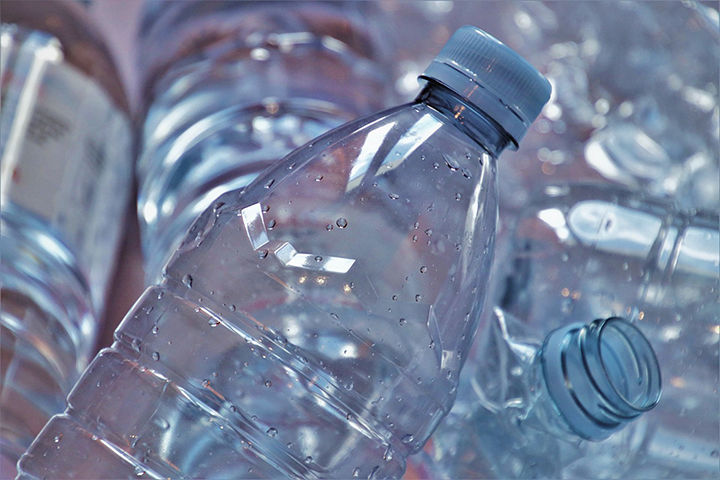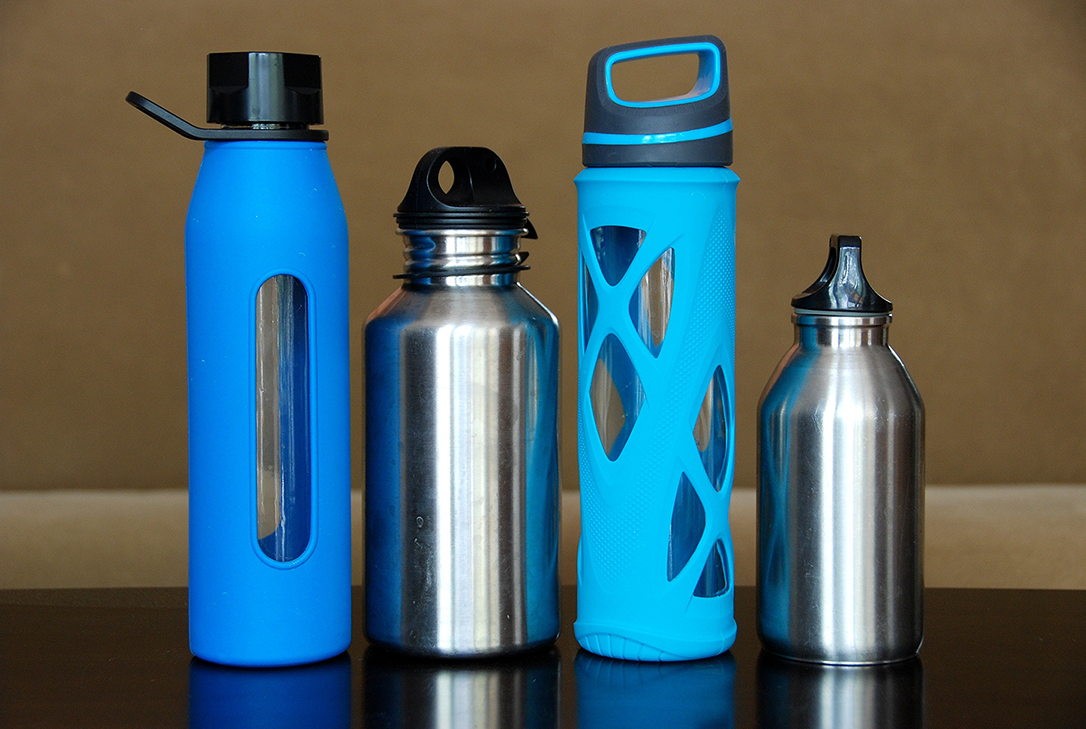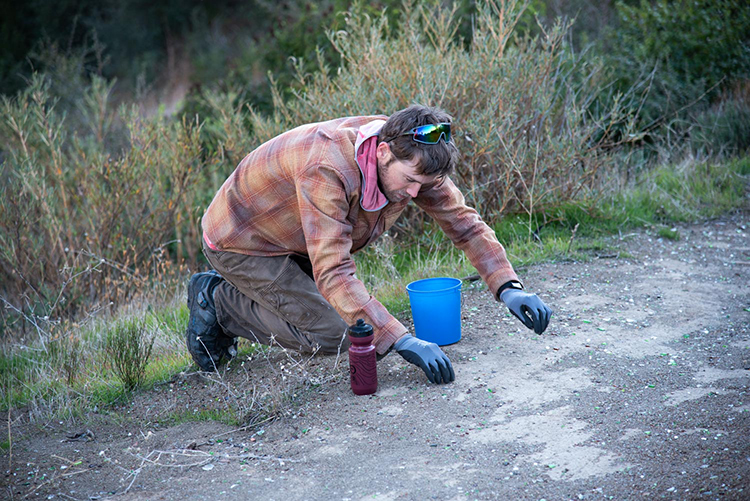Throw It Out!
While plastic being landfilled is nowhere near an ideal situation, it is still preferable to littering. It's so easy to dispose of that cup or wrapper properly instead of just throwing it on the ground - and in a landfill, the plastic is kept in an isolated area and away from the main environment, where it can enter rivers, lakes and other bodies of water or cause harm to wildlife. Keep the plastic with you until you reach a proper receptacle, and make sure it ends up in the right place!






